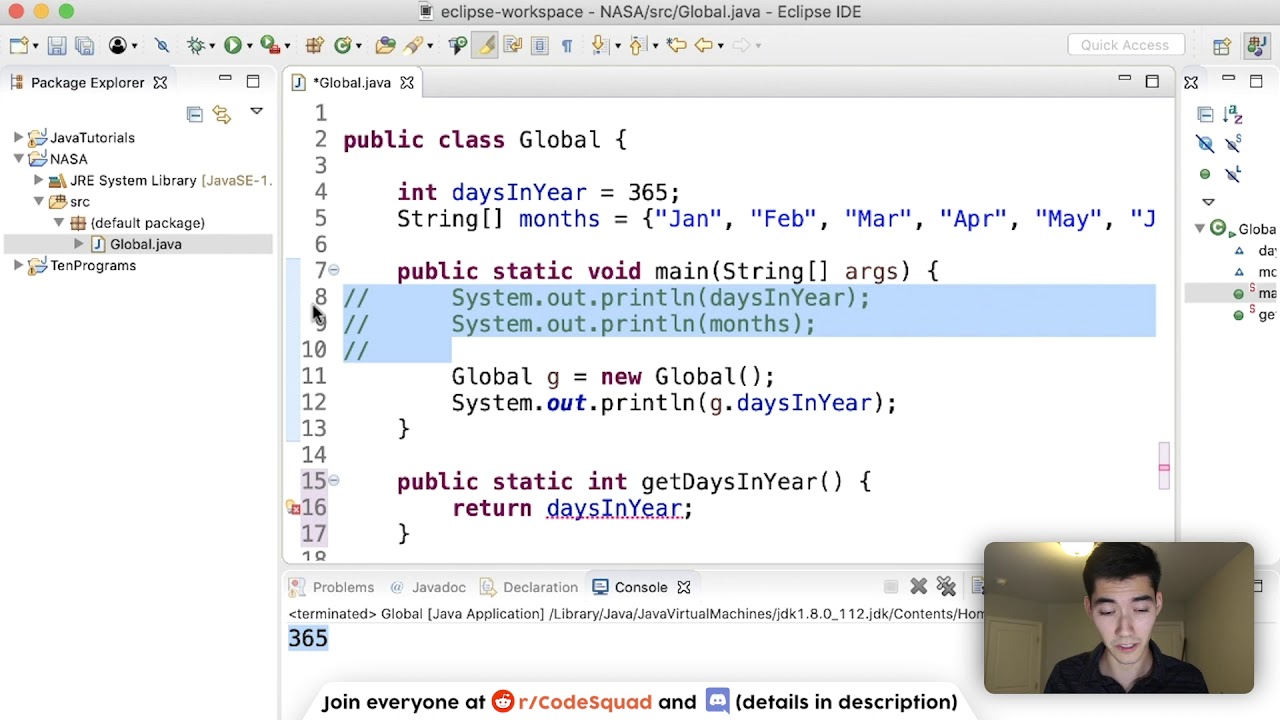Global Variable is a term used in computer programming to refer to a variable that can be accessed from any part of a program. It can be modified in one part of the program, and then accessed and used in other parts of the program. This allows for programs of any complexity to reference the same data over multiple locations and operations.
Global variables are most commonly used for configuration settings that should remain constant across the lifetime of the program. These settings might include the size of an array, the program’s title, or other global values. They can also be used for testing, as global variables are often convenient for defining test cases and monitoring test progress.
Because global variables can be accessed anywhere within a program, they can be used to simplify the code by eliminating the need for complex message passing and calling. However, too much reliance on global variables can have a number of drawbacks, such as running the program more slowly, creating security risks, and reducing the ability to debug code.
The use of global variables is different in every programming language. For example, in C++ and Java the keyword “global” is used to declare a variable as global, while in Python the keyword “global” is never used. Instead, a special object called “globals()” must be used.
In any programming language, it is important to use global variables with caution and to limit their number within the code. Doing so ensures that the program is secure, reliable, and maintainable.





